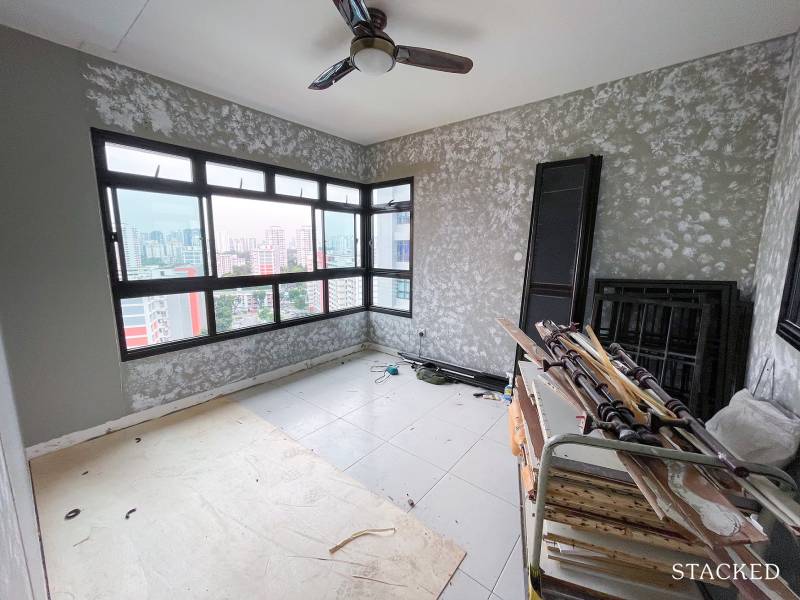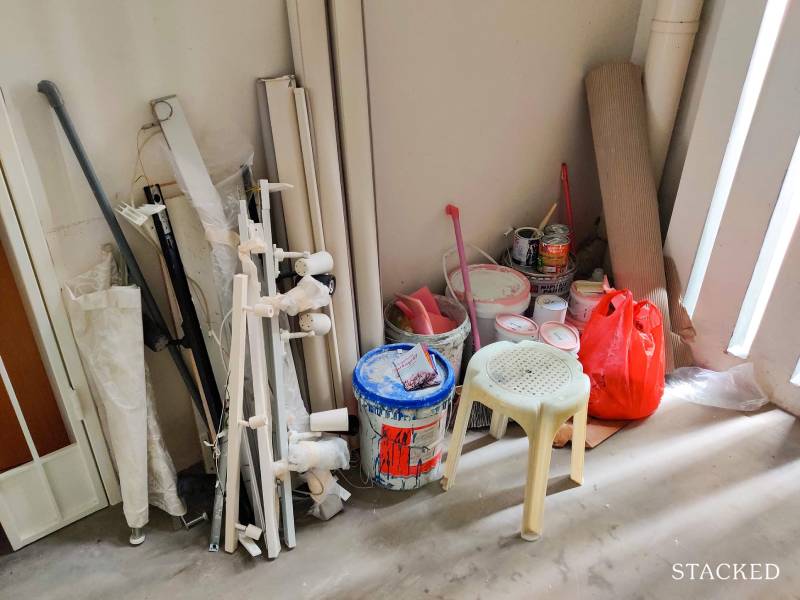5 things property agents are not required to do (but might anyway)

Singaporeans expect quite a bit from their property agents, given the service fees they pay. You may be surprised, however, to learn how limited the job scope technically is; quite a number of services provided are not actually within the realtor's scope.
Here are some of the common tasks they're not actually in charge of handling, but often still do anyway:
There's a common misconception that the property agent is the one in charge of everything tenant-related. This includes mediating in disputes between unrelated tenants, or handling tenant-landlord conflicts.
If a tenant appears to have damaged the property, for instance, most Singaporeans like to call their realtor first; and some expect that the realtor will follow up, check who the tenant calls to fix the damage, send photographs, etc.
The same goes for late rental payments; some landlords think the property agents are de-facto debt collectors and expect them to chase tenants for payment.

In fact, the property agent's job ends after finding you the tenant and settling the lease paperwork. Anything after that is not their responsibility.
In practice though, most realtors will help in dealing with tenants, responsibility or not. This is partly because they want to retain their clients, and they hope you engage them again when the lease is renewed.
There is also the bigger picture of the client coming to you again when it's time to sell and hopefully buy a new property. As you might imagine, most agents will probably be quite selective about who they help. The more properties you own, the stickier your property agent would likely be.
But the other reason is that some landlords complain about the realtor when it's the misbehaving tenant who gives them trouble. There have been cases where landlords file complaints with the property agency or Council for Estate Agencies (CEA), looking to hold their realtor liable for a bad tenant.
This is why an increasing number of property agents don't like rental work. It's not so much that the commissions are lower (they are), but that they often end up doing things well outside their job scope. Also, typically, the work done to secure a lease is the same as selling a home (you still have to show people around the home), so it's no surprise why agents would rather spend the bulk of their time on selling a home instead.
There are two important things to note here:
The first is that property agents must disclose any referral fees they get, when they recommend a home loan. There is some risk here, in that you may be referred to a bank that's giving out a bigger referral fee (it depends on how much you trust your agent).

The second thing to note is that it's not any realtor's job to deal with financing. And yet, some buyers have tried to blame their realtor for home loan complications. Some hold the realtor responsible when they can't get a home loan after signing the Option (we've heard complaints such as "Why didn't he tell me I can't get the loan before he let me sign the Option?")
Some buyers with high-interest rates also blame the agent, claiming their realtor "pointed them" to a particular bank.
But these issues are supposed to be the province of mortgage brokers and bankers, who are specialised in this field. It's really best for any buyer to consult them instead, as realtors are not loan experts.
Sometimes, buyers can't qualify to purchase a certain form of housing (e.g., not allowed to buy a landed home because they're foreigners, or they bust the Housing & Development Board (HDB) income ceiling).

While it's in the property agent's best interest to help, these cases sometimes reach the point of absurdity.
There are buyers who expect realtors to help them write and vet letters of appeal, instruct them on how to present their case, etc. There have even been property agents who ferry their clients to and from the HDB hub, and spend hours helping them sort the paperwork: right down to helping them register for their SingPass.
Many agents accept this as being part of the job these days; especially for clients who are older folks, or who struggle with tech issues. But don't be too surprised if an agent tells you they flat out can't help, with your eligibility situation.
There are quite a few property agents who have a background in construction or interior design - these fields are interrelated. These agents can give very accurate estimations of renovation costs, as well as an educated opinion on what should be done.

Unfortunately, these agents seem to have created a major creep in the job scope.
Some buyers have also developed the impression that it's the agent's "job" to know how much it will cost to renovate their unit, or even to find the cheapest/best contractor for them.
(Note: if a property recommends a contractor or interior designer, and gets a referral fee, they are required to disclose this to you).
We have seen cases where buyers are so misled as to the agent's role, they even call after the transaction to complain that the renovation prices were beyond the agent's estimate.
It's really best to get your estimates from a contractor or interior designer instead. This is both a part of their job and also their forte.
Of course, if you can find an agent that has relevant construction background and experience, that would always help greatly - just don't expect that you can hold them to their word should anything go wrong.
Agents do have a responsibility to keep the property presentable, as they're tasked with marketing it to buyers. However, there are sellers and landlords who take this beyond reason.
We have heard of landlords who complain that the agent didn't fix a broken water heater, for example; or that the agent didn't come down for a few hours every day to supervise each part of maintenance works. There are even landlords who will bark out orders like "I'm getting the living room repainted, go down there and make sure they do a good job."

This is a tough spot for agents: it is in their interest to make sure a property is presentable. But because they go out of the way for this, sellers and landlords start to make presumptions about how far the agent is supposed to go. Some expect agents to behave like a housekeeping service, right down to polishing grilles on stoves, and re-hanging drapes.
To a certain extent, you'd want such a proactive agent working for you. To have such peace of mind when it comes to selling your home is well worth the fee, and it really is only through such service that word of mouth will spread.
For sellers/landlords, if your agent does this for you, don't take it as a given. As with anything, any appreciation for your agent going the extra mile will always work better in the long run.
Ultimately, keeping your property agent within their job boundaries is better for you
It's not only good for your agent, it works to your benefit. It means, for example, that you're speaking to the right experts (mortgage brokers for loans, conveyancing firms for legal issues, and so forth). This ensures the best advice, from the most appropriate professionals.
That said, if you've found an agent that has done much of the above well, don't take them for granted! Agents with such initiative don't grow on trees, and they can definitely be very valuable partners in your real estate journey.
ALSO READ: Don't be a noob first-time homebuyer: Here's how to deal direct with experienced seller agents
This article was first published in Stackedhomes.